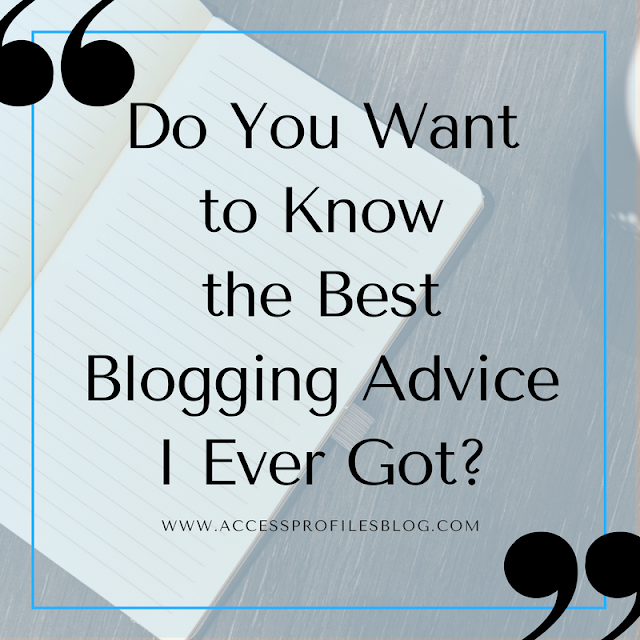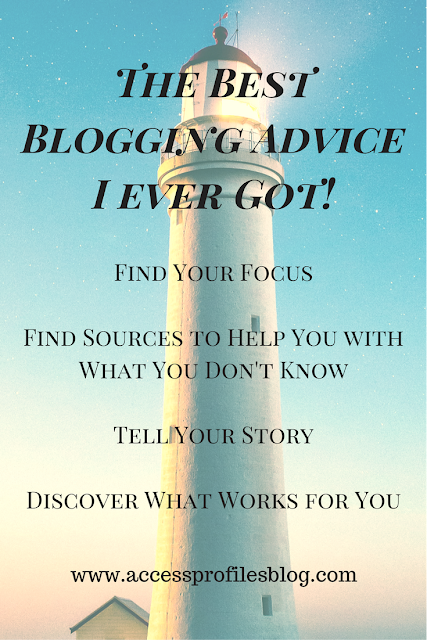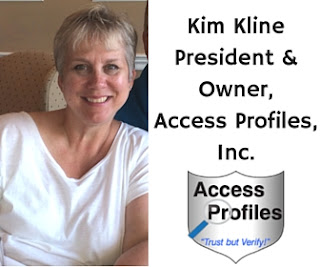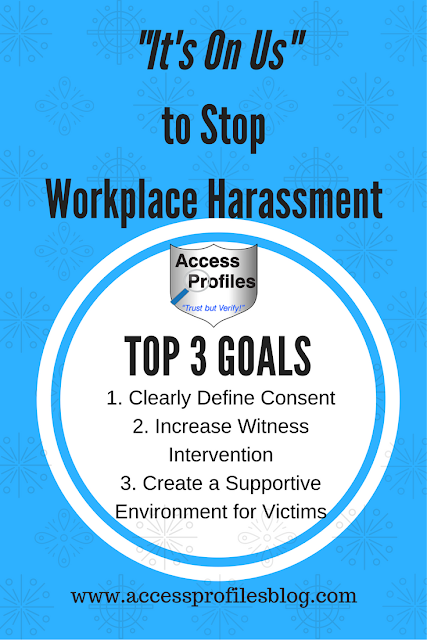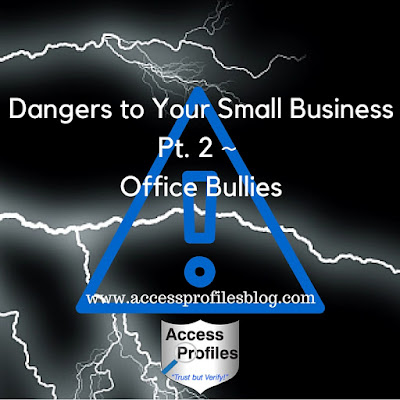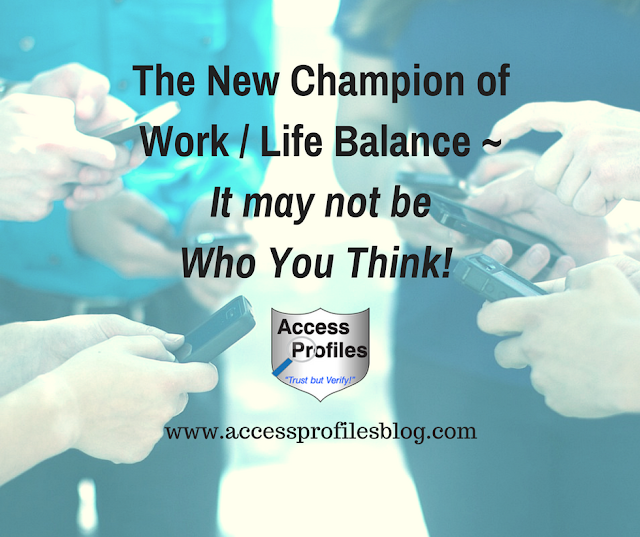
Companies use social media every day. Whether it is to market their business, share their blog, or even to monitor their customers ~ there is no doubt it is a vital part of their business strategy.
But the use of social media does not end there. Businesses are also using it in their hiring practices.
They routinely post on social sites to recruit candidates and advertise their open positions. What is most interesting, however, is that in increasing numbers businesses are also making social media a part of their screening process.
According to a recent Career Builder Survey (source1), the “number of employers using social media to screen candidates has increased 500% over the last decade” (60% today up from 11% in 2006)!
That number is astounding. But if you think about it carefully, not surprising. We have increasingly become an “online” world. It would be archaic thinking to believe that the hiring process would not follow suit.
Social Sites like Facebook, LinkedIn, and Twitter give employers more access than ever into the lives of their applicants ~ well beyond what was available in the traditional resume. And with the majority of people on at least one site or another, the information is there for the taking.
The prevalence of using social media in hiring depends upon the industry, but most are using it to some extent. For those companies, IT companies top the list at 76%. Sales and financial services jobs follow at 65% and 61% respectively.
But no matter the type of job being filled, employers are using social media to get a better picture of their candidates.
What might surprise most job seekers is that employers are not checking out your social media sites to find a way NOT to hire you! Instead, they are looking for information that corroborates that you are the right person for the job.
“By running a background check, Employers are simply looking for confirmation that they have made the right choice. At this point in the hiring process, they have already read your resume, interviewed you, and, out of all the other candidates, picked you as a good hire.” ~ excerpt from “Surprise, Doing a Background Check means they Want to Hire You!”.
Verification of your job qualifications tops the list of what employers are looking for in your online profiles (60% cite this reason for checking online). Also important are whether you present a professional image (53%) and show a well-rounded personality .
But what they see can also hurt your chances of getting hired. Evidence of drug use or excessive drinking (43%) and inappropriate posts or pictures (46%) will give a hiring manager pause.
Don’t be tempted to keep your social profiles completely “private” to avoid scrutiny. Employers are less likely to even interview you when they cannot find information about you online.
Instead of taking a chance, job seekers would do well to ensure they have professional and positive online presence.
According to a recent Career Builder Survey (source1), the “number of employers using social media to screen candidates has increased 500% over the last decade” (60% today up from 11% in 2006)!
That number is astounding. But if you think about it carefully, not surprising. We have increasingly become an “online” world. It would be archaic thinking to believe that the hiring process would not follow suit.
Social Sites like Facebook, LinkedIn, and Twitter give employers more access than ever into the lives of their applicants ~ well beyond what was available in the traditional resume. And with the majority of people on at least one site or another, the information is there for the taking.
The prevalence of using social media in hiring depends upon the industry, but most are using it to some extent. For those companies, IT companies top the list at 76%. Sales and financial services jobs follow at 65% and 61% respectively.
But no matter the type of job being filled, employers are using social media to get a better picture of their candidates.
Do You Know How Employers are Really Using Social Media in Hiring? “Tweet This”
What might surprise most job seekers is that employers are not checking out your social media sites to find a way NOT to hire you! Instead, they are looking for information that corroborates that you are the right person for the job.
“By running a background check, Employers are simply looking for confirmation that they have made the right choice. At this point in the hiring process, they have already read your resume, interviewed you, and, out of all the other candidates, picked you as a good hire.” ~ excerpt from “Surprise, Doing a Background Check means they Want to Hire You!”.
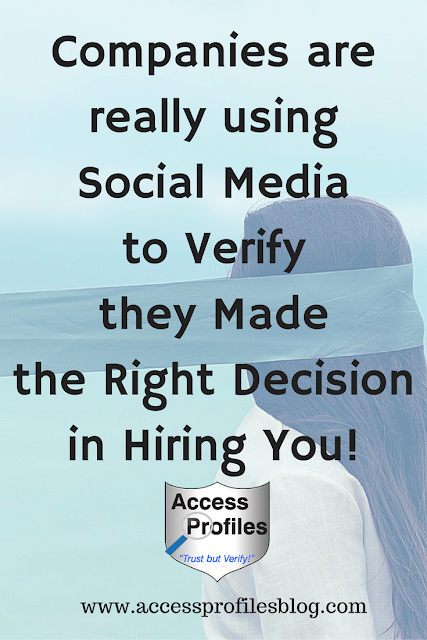 |
| Created by Kimberly Kline, API |
The Bottom Line ~ Companies are really using social media to verify that they have made the right decision in hiring you.
Verification of your job qualifications tops the list of what employers are looking for in your online profiles (60% cite this reason for checking online). Also important are whether you present a professional image (53%) and show a well-rounded personality .
But what they see can also hurt your chances of getting hired. Evidence of drug use or excessive drinking (43%) and inappropriate posts or pictures (46%) will give a hiring manager pause.
Don’t be tempted to keep your social profiles completely “private” to avoid scrutiny. Employers are less likely to even interview you when they cannot find information about you online.
Instead of taking a chance, job seekers would do well to ensure they have professional and positive online presence.
That is why now, more than ever, if you are looking for a job you need to get your resume “background check ready”.
Besides being honest and truthful in everything you include, you should also know what is “out there” about you. Checking the major social sites and cleaning up anything you can is a good start.
You would also do well to ensure that the positive things about you are highlighted. Sharing your volunteer efforts or any professional organizations where you belong makes sense.
You would also do well to ensure that the positive things about you are highlighted. Sharing your volunteer efforts or any professional organizations where you belong makes sense.
Putting your most professional self forward should be your ultimate goal. Find out more in “Tips to Get Your Resume ‘Background Check Ready’!”.
It is important to know that a growing number of employers are also using social media to check on current employees, and some have even found reason to fire them. So keeping your online presence clean should be an ongoing process.
Companies also need to prepare well in advance before using social media to hire, or fire, an employee.
This means having a detailed plan in place. There are definite guidelines as to what, when, and how the information you find on social sites can and should be used.
According to the survey, 36% of employers who use social media to screen their employees have requested to “friend” or follow their applicants. This is a slippery slope. But even worse is requesting your applicants’ passwords ~ and this practice is even illegal in many states. The key is only publicly available information should ever be considered.
You can learn more about the best practices for using social media in your screening process in “Social Media Check ~ The Forgotten Screening Tool”.
Social Media and Hiring are now linked.
Companies will continue to use it as a tool to hire and keep the right employees. And Job Seekers must make sure they are putting their best online foot forward.
The Time to Prepare is Now anAPI can Help!
Companies ~ API will help you develop a sound and compliant employment screening policy. Job Seekers ~ API can get your resume "background check ready"!
Authored by

For more Hiring and Job Search Tips, visit our
About Us and Our Services pages! We also invite you to Follow Us to get notified when a new blog post goes live! Thanks!

Source1: Number of Employers Using Social Media to Screen Candidates Has Increased 500 Percent over the Last Decade
